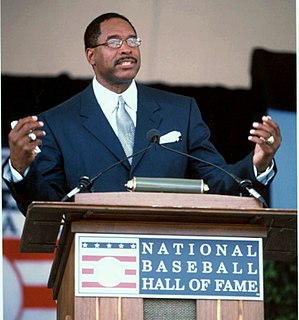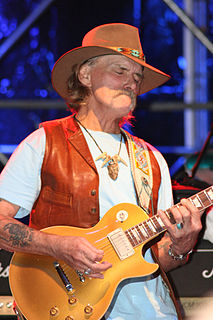A Quote by William Lee Miller
Abraham Lincoln had a deep realism; he did not deceive or mislead himself, but faced the world he had to deal with as it really is. At the same time, he had a striking moral intelligence, and a confidence in the working of his own mind and conscience.
Related Quotes
What Abraham Lincoln had to face was a culturally and politically cohesive bloc of states comprising half the country, refusing to discuss even the limitation of slavery; while he had only the most feeble means of enforcement. The British and the French could do their emancipating at a distance; Lincoln had armed resistance almost literally at his doorstep.
Until the early 90s, when I was working on a project about the idea of free will in American philosophy. I knew that Lincoln had had something to say about "necessity" and "fatalism," and so I began writing him into the book. In fact, Lincoln took over. I wrote instead 'Abraham Lincoln: Redeemer President,' in 1999, and I've splitting rails with Mr. Lincoln ever since. If there's a twelve-step process for this somewhere, I haven't found it yet.
I think that when you look at the great politicians, the two greatest in my view were George Washington and Abraham Lincoln, they certainly had character traits. You also know Abraham Lincoln overcame severe depression problems that he had when he was younger, which gave him the strength and the character later on.
When Luke had descended into the River Styx, he would've had to focus on something important that would hold him to his mortal life. Otherwise he would've dissolved. I had seen Annabeth, and I had a feeling he had too. He had pictured that scene Hestia showed me—of himself in the good old days with Thalia and Annabeth, when he promised they would be a family. Hurting Annabeth in battle had shocked him into remembering that promise. It had allowed his mortal conscience to take over again, and defeat Kronos. His weak spot—his Achilles heel—had saved us all
There was once a man, Harry, called the steppenwolf. He went on two legs, wore clothes and was a human being, but nevertheless he was in reality a wolf of the steppes. He had learned a good deal of all that people of a good intelligence can, and was a fairly clever fellow. What he had not learned, however, was this: to find contentment in himself and his own life.
Blomkvist had indeed had many brief relationships. He knew he was reasonably good-looking, but he had never considered himself exceptionally attractive. But he had often been told that he had something that made women interested in him . . .that he radiated self-confidence and security at the same time, that he had the ability to make women feel at ease. Going to bed with him was not threatening or complicated, but it might be erotically enjoyable. And that, according to Blomkvist, was as it should be.
How did it happen that now he could see everything so clearly. Something had given him leave to live in the present. Not once in his entire life had he come to rest in the quiet center of himself but had forever cast himself from some dark past he could not remember to a future that did not exist. Not once had he been present for his life. So his life had passed like a dream. Is it possible for people to miss their lives the way one can miss a plane?
Duane Allman was bursting with energy ... he was a force to be reckoned with. His drive and focus, as well as his intense belief in himself and our band, was incredible. He knew we were going to make it. We all knew we were a good band, but no one had that supreme confidence like he did, and it was a great thing, because his confidence and enthusiam were infectious... it says a lot that his hero was Muhammad Ali. That kind of supreme confidence that Ali had - that's where Duane was coming from
The occurrence of an event is not the same thing as knowing what it is that one has lived through. Most people had not lived -- nor could it, for that matter, be said that they had died-- through any of their terrible events. They had simply been stunned by the hammer. They passed their lives thereafter in a kind of limbo of denied and unexamined pain. The great question that faced him this morning was whether or not had had ever, really, been present at his life.





























